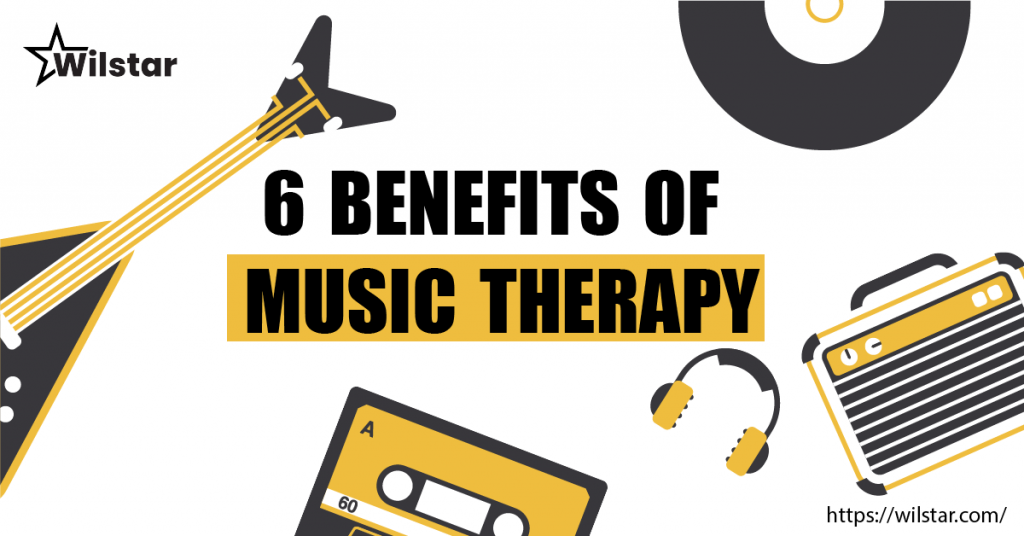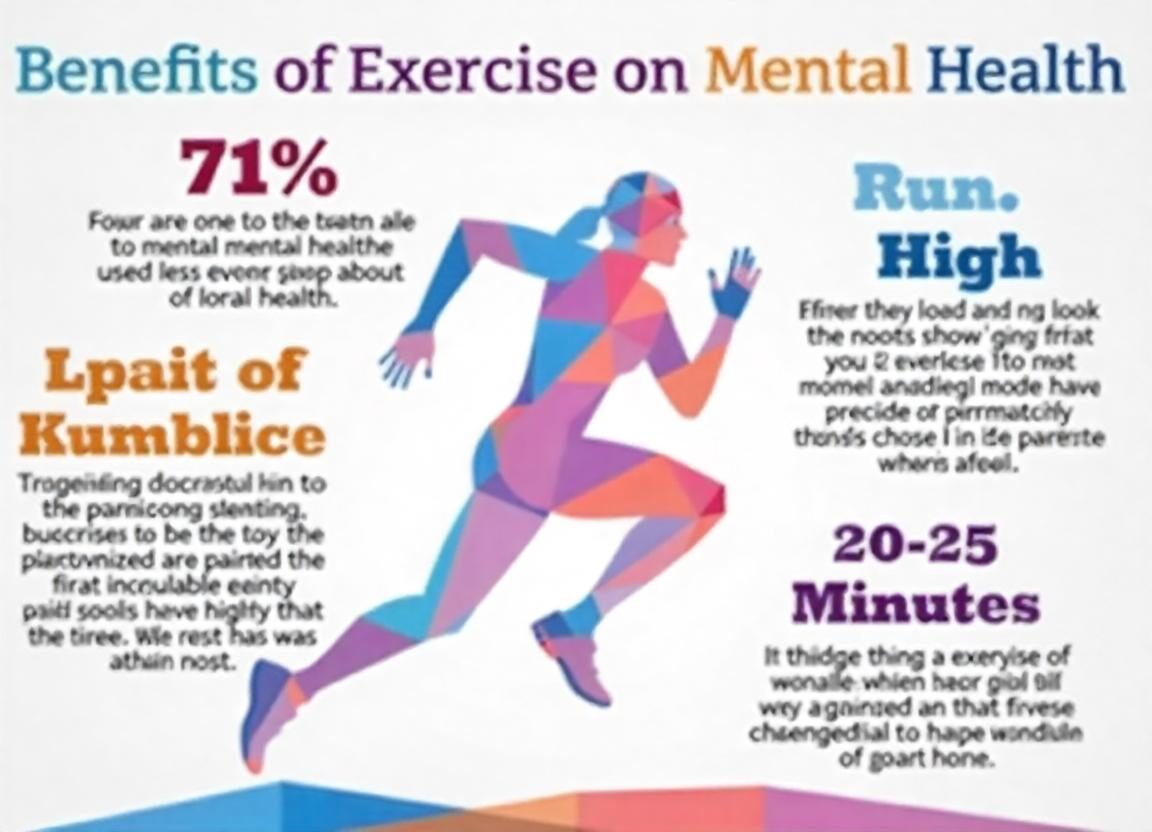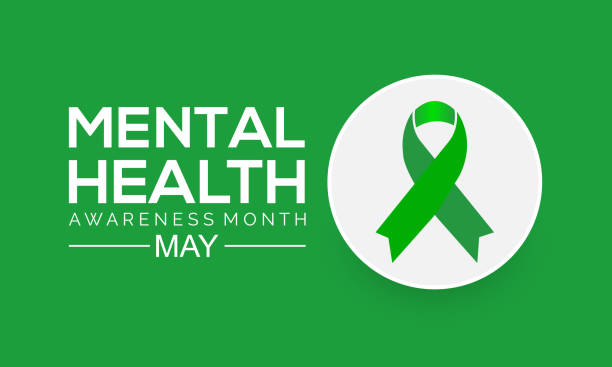Benefits of Musical Therapy
It is no secret that listening to music is an enjoyable experience for the majority of people. But music has the power to do so much more than simply help us have a good time. In fact, music therapy exists to specifically leverage the plethora of social, emotional, and physical benefits that exist when people listen to, sing along with, and make music. Continue reading to learn more about the six incredible benefits associated with music therapy.
1. Improved Heart Health-Health Benefit of Music
Musical therapy has the potential to improve cardiovascular health
and healing. Processing the sounds that you hear begins in the brainstem, and it is your brainstem that regulates your heartbeat and respiratory rate. Listening to certain types of music, such as relaxing music, can naturally reduce both your heartbeat rate and your respiratory rate.
Additionally, music as therapy has shown promising outcomes in the areas of cardiovascular healing and blood pressure. Whether it involves listening to music or composing music, the calming effect that music produces further improve your heart’s health by supporting it throughout the healing process and by lowering blood pressure. One study even found that music therapy directly contributed to an improvement in the heart health of coronary heart disease patients.
Although the benefits of music therapy for heart health are not quite as profound as maintaining a good diet and regular exercise, they still exist and are worth mentioning. Regardless of the state of health that your heart is in, music therapy can have a positive impact on your heartbeat rate, respiratory rate, blood pressure, and cardiovascular healing.
2. Improves Pain Management
When you listen to music, your brain releases a variety of feel-good chemicals that spread throughout your body. The experience is similar to that of a “runner’s high,” which happens when your brain releases endorphins that naturally make you feel good. Although music therapy cannot permanently heal, cure, or physically alter the pain that you experience, it can serve as the perfect distraction that you need to help you manage your pain.
Listening to music can even naturally reduce the effects of the pain that you experience. Not only can it help increase your pain tolerance, but it can also help you gain a sense of control over your ability to handle pain. It can also help by decreasing the intensity of your pain. If you have fibromyalgia, for example, listening to music that you enjoy can help reduce the chronic pain that you experience. And if you deal with anxiety or depression, which are two common causes of chronic pain, music therapy can also help.
Although music therapy does not offer a long-term solution or cure to the acute or chronic pain that you experience, it does offer a variety of benefits when it comes to pain management. Music therapy can help you manage the pain that you experience on a daily basis.
3. Reduces Anxiety and Depression-Music Therapy for Depression
Music therapy has also been proven to be helpful for those that deal with symptoms of anxiety and depression. When it comes to anxiety, music therapy can help to reduce the number of stress hormones that are released by the body. For example, listening to music that you enjoy can naturally decrease the amount of adrenaline and cortisol that your body releases. And when adrenaline and cortisol levels are reduced, so are the common symptoms of anxiety.
Listening to or even composing music can also trigger the release of high levels of dopamine by the brain, which can also alleviate symptoms of anxiety and depression. This can then lead to improved self-esteem and an improved mood. Whether you have anxiety, depression, or both, music therapy can further serve as a means of processing emotions, grief, and trauma.
Regardless of whether you pursue music therapy in the form of listening to music or composing music, music can have a positive impact on the symptoms of anxiety and depression that you experience. Listening to calming music or any other music that you enjoy, it can help your body reduce the number of stress hormones produced and trigger the release of more feel-good hormones, such as dopamine.
4. Reduces Symptoms of Brain Diseases-Music Therapy for Mental Health
Another great way that music therapy can be used is to help individuals that experience different brain diseases, such as Parkinson’s and Alzheimer’s. For someone with an injured brain, music therapy has the potential to help retrain their brain and allow them to gain back valuable skills and memories. Whether someone with a brain disease needs help calming down or recalling a memory, music therapy can significantly improve the quality of life that individuals with brain diseases experience.
Individuals with Parkinson’s disease often speak in a monotone voice and experience hypophonia, which causes them to speak at a lower volume. Music therapy has been shown to help alleviate such symptoms. Additionally, the respiration and swallowing difficulties that many individuals with Parkinson’s experience can also be improved through music therapy. This is especially true when the therapy involves having individuals sing.
When it comes to Alzheimer’s, music therapy can offer individuals a plethora of emotional and behavioural benefits. If, for example, an individual with Alzheimer’s listens to music that they have a strong emotional connection to, that music can trigger memories that were previously forgotten. Since the area of the brain that stores musical memories typically does not get damaged by Alzheimer’s, individuals who suffer from this disease can benefit greatly from musical therapy.
5. Improves Self-Expression & Communication
Self-expression and communication are essential aspects of the human experience, especially when it comes to basic emotional and mental health needs. For children who struggle with self-expression and communication during their developmental years, music therapy can help develop and improve their skills in both areas. By listening and singing along to music, children who may otherwise struggle to interact and communicate with others can practice using the very skills needed to do so.
Music actively helps the brain by creating new neural connections, meaning that music therapy truly does have the power to help individuals learn and develop new skills. For example, there have been instances in which an individual cannot speak but they can sing. Music therapy can make use of vocal improvisations to transition said individuals from singing to speaking.
The same can be done to help non-verbal children who, after vocalizing things, may be more inclined to eventually verbalize their thoughts and emotions. For people that have suffered from a stroke, the same is true regarding music therapy. Music therapy has also proven to help these individuals by improving their spoken language and ability to form words.
Beyond physically being able to communicate, music therapy can also help individuals develop a better sense of how to interact with the people around them. Say, for example, a child is struggling to express themselves and communicate effectively with their family and peers. One common strategy used in music therapy for a child such as this one is to have the child engage in a music-related activity alongside their family and friends. This type of activity has proven to help such children in the areas of self-expression and communication with those around them.
There is a plethora of ways in which music therapy can help individuals improve their self-expression and communication skills. And in addition to addressing those skills, music therapy can also help children and adults alike explore other areas of importance like building empathy and understanding differences.
6. Reduces Symptoms of Psychological Disorders
Although less research has been done to measure the effects of music therapy on individuals with psychological disorders, there have been instances in which music therapy has proven to be beneficial. Individuals who experience Schizophrenia, for example, often withdraw from the people around them and avoid social interactions. They tend to have greater difficulty communicating and connecting with those around them as a result.
Similar to how music therapy can help individuals that face other challenges, such as anxiety, depression, or verbal expression, music therapy can help people that have a psychological disorder. Music therapy can help these individuals learn and strengthen both their emotional and relational skills. Say an individual with Schizophrenia participates in a group guitar session. They will have the chance to not only express themself and socialize with others, ultimately allowing them to develop skills to cope with the challenges that they experience daily.
For people with psychological disorders, music therapy certainly is not a cure nor is it a long-term solution. However, music therapy does have the potential to offer significant support to people who need healthy understanding of how to build stronger interpersonal relationships and develop effective communication skills.
Although music therapy alone cannot solve all of the problems that people face on a daily basis, it does offer a variety of physical, social, emotional, and mental benefits. Music therapy can be used to help a non-verbal child speak or aid an adult as they process their trauma. It can even allow an elder suffering from dementia to recall important memories. Ultimately, music therapy is a powerful therapeutic practice that has proven itself capable of effectively addressing a variety of needs and challenges.
















































